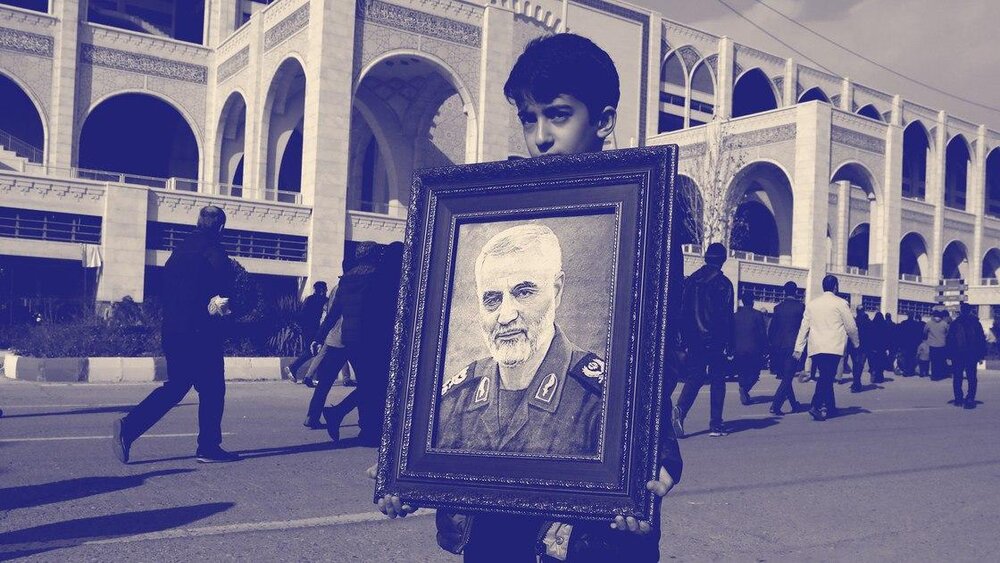Iran’s response to Soleimani assassination marked a ‘turning point’

TEHRAN — Deputy Foreign Minister Abbas Araghchi said on Sunday tjat what the U.S. did by assassinating Iran’s top general, Qassem Soleimani, will be a “turning point” for the region.
“Those who got happy with the martyrdom of General Soleimani should know that this martyrdom will lead to further promotion of Resistance,” Araghchi said.
The remarks come weeks after U.S. President Donald Trump ordered the drone strikes that martyred Lieutenant General Soleimani, chief of the IRGC’s Quds Force, and Abu Mahdi al-Muhandis, the second-in-command of Iraq’s Popular Mobilization Units (PMU), as well as eight other companions.
In the early hours of January 8, the IRGC attacked the U.S. airbase of Ain al-Assad in Anbar province in western Iraq as part of its promised “tough revenge” for the U.S. terror attack.
Araghchi said Soleimani’s martyrdom and Iran’s revenge will affect the Resistance Front, the fight against terrorism and Daesh (ISIS) and eventually the U.S.-Iran power balance in the region.
“The countries that placed hopes on the U.S. security umbrella and lived under it saw the United States’ incapability in different cases and saw the U.S. irresolution to respond to the attack against them,” he added.
Araghchi says dispute mechanism won’t refer Iran to UNSC
Araqchi, a top nuclear negotiator, also said the triggering of the dispute mechanism under the Joint Comprehensive Plan of Action (JCPOA) does not mean referring Iran’s case to the UN Security Council
“The dispute mechanism does not mean referring Iran’s case to the Security Council. What Europe has done is triggering the dispute mechanism according to Article 36. We believe that Europe cannot trigger this mechanism because we have triggered it and finished it,” Araghchi said, according to Mehr.
France, Britain, and Germany confirmed on January 14 that they had triggered the dispute mechanism in the JCPOA, also known as the Iran nuclear deal, but said they were not joining the United States campaign to exert maximum pressure on Tehran.
Russia has announced that it sees no grounds to trigger the dispute mechanism, saying the activation of this mechanism may make it impossible to return to the implementation of the agreement.
China has also expressed regret over the decision, saying it will not help solve the issues or ease current tensions.
“Russia and China also agree with us and we believe that Europe cannot use this article,” Araghchi said. “Reducing our commitments was a compensatory measure and Europe cannot take a compensatory measure against our move.”
He said nothing has happened yet, but added that the Islamic Republic will make appropriate decisions in due time.
The JCPOA was struck between Iran and the five permanent UN Security Council members — the United States, Russia, China, France, and the UK — as well as Germany and the European Union.
The accord came under increasing strain ever since Trump announced the U.S. withdrawal from it in May 2018 and unleashed the “toughest ever” sanctions against Iran despite worldwide objections.
On May 8, exactly one year after the U.S. abandoned the deal, Tehran announced that its “strategic patience” is over and began to partially reduce its commitments to the agreement at bi-monthly steps.
Eventually, in its fifth and final step on January 5, Iran suspended all limits under the JCPOA.
MH/PA
Leave a Comment